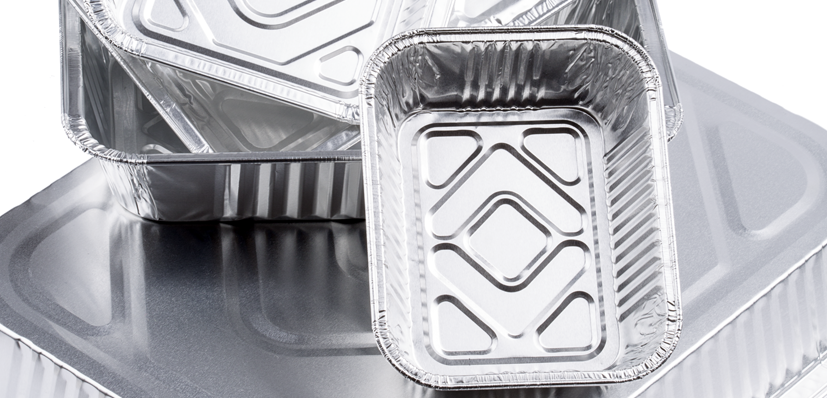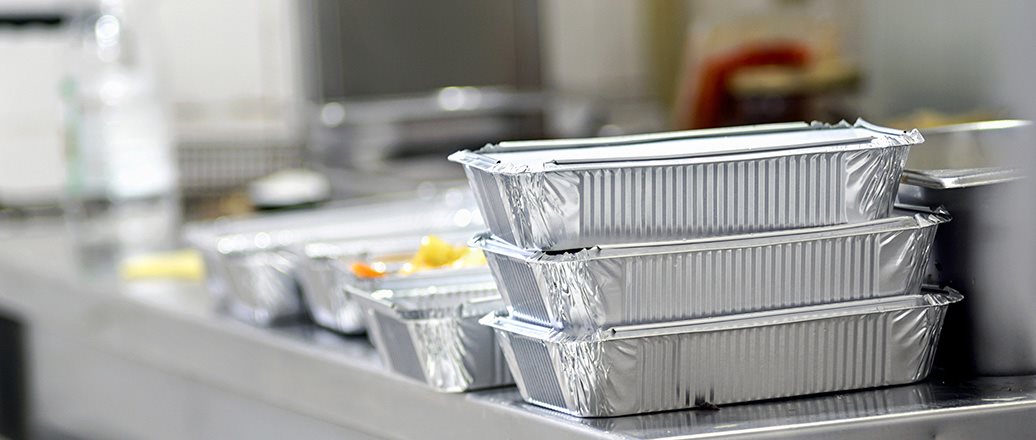Reducing consumption of food kept in aluminium packaging can lead to decrease in potential health risks
Studies have shown that reducing the consumption of food kept in aluminium packaging can lead to a decrease in potential health risks.

Washington DC: Studies have shown that reducing the consumption of food kept in aluminium packaging can lead to a decrease in potential health risks.
High levels of aluminium compounds may cause neurotoxic developmental disorders, as well as kidney, liver and bone damage, among other things.
Also Read: Here's how you will get to know about future eating habits
Therefore, the inputs of the different sources of overall aluminium consumption by people were compared with one another.

The BfR (BFR Federal Institute For Risk Assessment) bases its assessment of the population's aluminium intake from food on the latest consumption and concentration data.
Also Read |
Dieting Tips: Every-other-day-fasting beneficial for overall health
The concentration data used show the average aluminium concentrations in the different food categories. For non-food products, such as cosmetics or packaging, the exposure assessment is also based on data regarding aluminium contents in the products. Furthermore, typical application forms and quantities are taken into account.
Also Read: Inculcating healthy habits can help your brain tackle stress
For the risk assessment of aluminium intake, the BfR uses the tolerable weekly intake (TWI) derived from the European Food Safety Authority (EFSA) of 1-milligram aluminium per kilogram body weight.
BfR's assessment showed that aluminium intake from food is lower compared to previous studies. Food is still relevant, but no longer the population's main source of intake. If other relevant sources of aluminium intake are taken into accounts, such as aluminium containing cosmetic products and uncoated food contact materials, the total intake can exhaust or even exceed the TWI for all age groups.
However, consumers can influence their aluminium intake by using aluminium that contains antiperspirants and toothpaste sparingly. And as far as the food is concerned a varied diet, as well as alternating products and brands, are recommended by the BfR. This can contribute to reducing the risk of permanently high aluminium intake caused by individual highly contaminated products.

Also Read |
This is how children want their food served
The BfR recommends, also for other reasons, exclusively breastfeeding infants in the first six months of life, if possible. The BfR generally advises against the preparation and storage of, in particular, acidic and salty foods in uncoated aluminium articles or aluminium foil. If the aforementioned and avoidable sources of intake are reduced, most consumers are not expected to suffer any adverse health effects.
Also Read: Loss of taste buds may up risk of obesity
The BfR recommends that manufacturers take appropriate measures to reduce the amount of aluminium in food. These may include, for instance, using raw materials with low aluminium content or coated materials for processing and packaging food.
In the aluminium risk assessment, there is still a high level of uncertainty, since important data are not yet available or can be interpreted differently. The problem of the degree to which aluminium is absorbed through the skin and the potential long-term consequences of prolonged aluminium consumption is involved. (ANI)
 Dynamite News
Dynamite News 